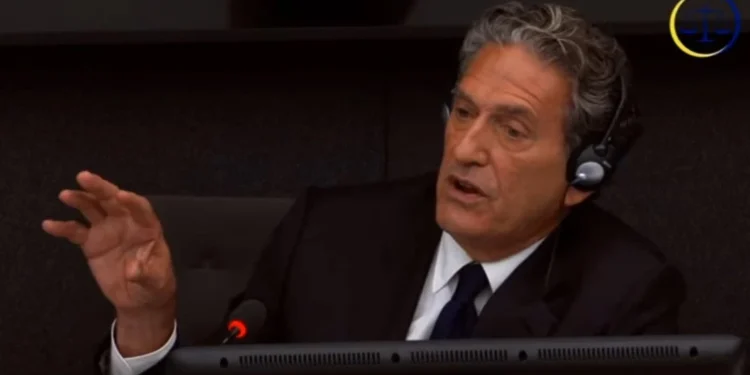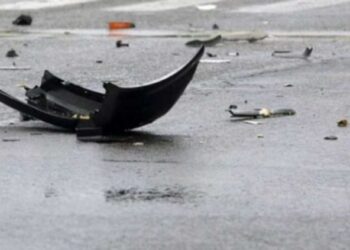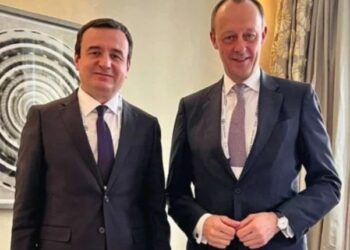James Rubin, former spokesperson for the U.S. Department of State during the Kosovo War, provided testimony in The Hague, reflecting on events that took place 25 years ago. During the second day of his testimony, Rubin acknowledged that he could not recall specific details about whether Jakup Krasniqi and Kadri Veseli were part of the Albanian delegation at the Rambouillet talks. This admission highlights the challenges of memory over long periods, particularly in the context of complex historical events.
Rubin’s uncertain recollections were prompted by a question regarding internal divisions within the Kosovo Liberation Army (KLA). Specifically, he was asked about a document where Adem Demaçi referred to Hashim Thaçi as a spokesperson for the KLA. Rubin’s inability to provide clarity on this matter underscores the intricate political dynamics of the time and the varying perspectives among leaders within the Albanian side of the conflict.
The Rambouillet talks, held in early 1999, were a crucial moment in the NATO intervention in Kosovo, aimed at reaching a political settlement to end the escalating conflict. The failure of these talks precipitated military action, but the context surrounding those discussions is still subject to interpretation and analysis. Rubin’s testimony serves as a reminder of the complicated legacy of those involved in the negotiations and the broader implications of their actions at that time.
As the legal proceedings continue, Rubin’s insights contribute to a larger narrative concerning accountability and the historical interpretation of events surrounding the Kosovo War. While some details may remain murky after two decades, the importance of such testimonies lies in their potential to shed light on the complicated relationships and decisions that shaped the trajectory of the region.
Overall, Rubin’s statements reflect the ongoing efforts within international justice to address war crimes and the critical examination of historical events and figures associated with them. The echoes of the past continue to shape present circumstances, as the consequences of those complex interactions resonate in contemporary discussions about justice and reconciliation in the Balkans.















